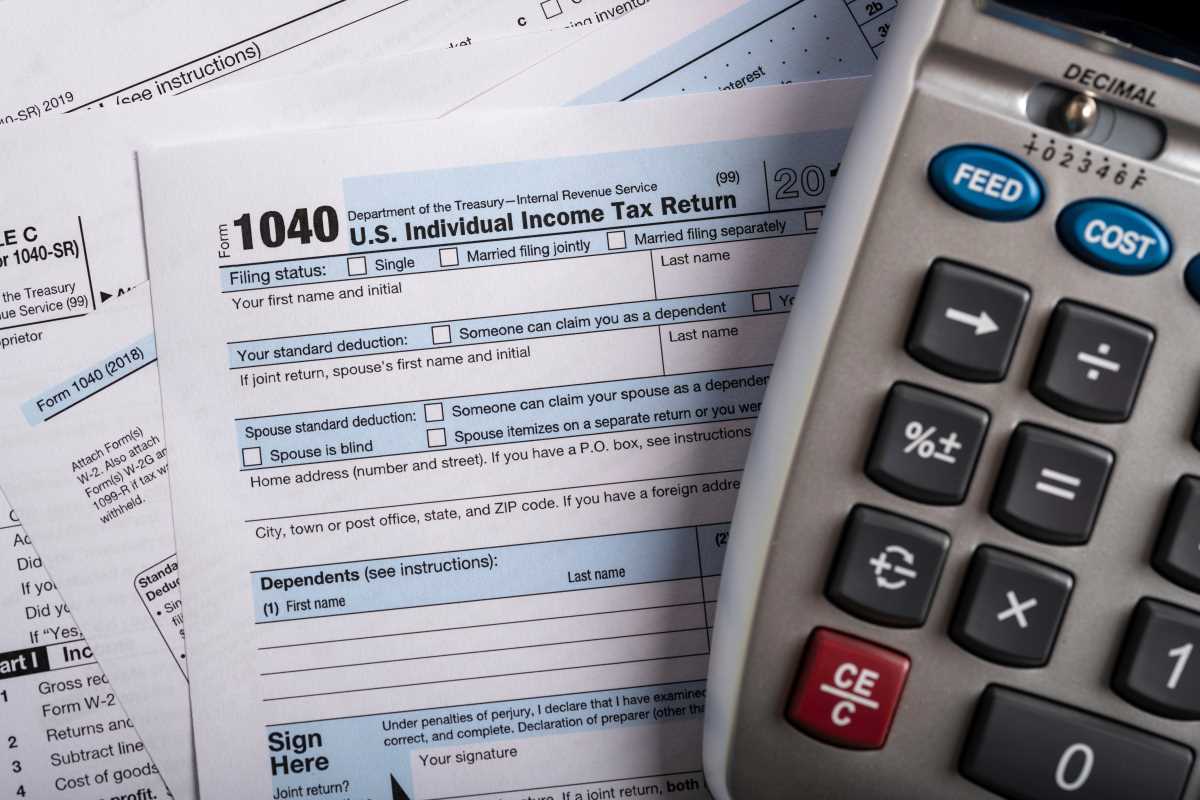In today’s world of rising grocery prices and unpredictable economic conditions, saving money on food without sacrificing quality or nutrition is more important than ever. Pantry economics — a strategic approach to bulk buying and meal prep — is one of the most effective ways to cut grocery costs while ensuring you always have a well-stocked kitchen. By mastering bulk purchases, planning meals, and leveraging your pantry, you can save significant amounts of money, reduce food waste, and simplify meal planning.
The Benefits of Bulk Buying
One of the foundational elements of pantry economics is buying in bulk. Bulk buying is purchasing larger quantities of a product, often at a lower price per unit, than purchasing smaller packages. While bulk buying isn’t a new concept, its efficiency in reducing food costs has made it a go-to strategy for savvy shoppers.
- Cost Savings: The primary benefit of buying in bulk is the cost savings. When you buy in large quantities, you often pay less per item. For example, purchasing a 25-pound bag of rice may cost significantly less per pound than buying smaller, pre-packaged bags. Over time, these savings add up.
- Reduced Packaging Waste: Buying in bulk often means less packaging, which is both cost-effective and environmentally friendly. Purchasing in large containers or refillable jars helps cut down on single-use packaging, aligning with a more sustainable lifestyle.
- Stocking Up on Essentials: Bulk buying allows you to stock up on pantry staples like grains, legumes, canned goods, pasta, and spices. These items have long shelf lives and can serve as the backbone of a wide variety of meals, saving you from making multiple trips to the store.
How to Buy in Bulk Effectively
Although bulk buying offers great benefits, it’s essential to do so strategically. Here are a few tips to maximize the effectiveness of your bulk purchases:
- Know Your Needs: Before heading to the store, inventory your pantry to see what you’re running low on. Focus on items that you use regularly, such as grains, beans, canned tomatoes, or spices. Avoid buying rarely-use items, as they can take up valuable storage space.
- Storage Solutions: Bulk buying requires adequate storage space. Be sure to have airtight containers or large resealable bags on hand to keep your purchases fresh and organized. Proper storage also prevents spoilage and pests from affecting your bulk purchases.
- Price Comparisons: Don’t assume that everything in bulk is cheaper. Compare the unit price per ounce or per pound of both bulk and pre-packaged items. Sometimes, buying a smaller quantity may actually be more cost-effective if it’s on sale.
- Join a Co-op or Bulk Store: If you don’t have room for large quantities or access to a warehouse club like Costco, consider joining a food co-op or shopping at bulk stores. Many offer discounts for members or allow you to buy in bulk at lower prices without the need for a membership.
Meal Prep: A Key Element of Pantry Economics
In addition to buying in bulk, meal prepping is another crucial part of pantry economics. Meal prepping is preparing meals or meal components in advance, making it easier to cook and eat healthy throughout the week. When combined with bulk buying, meal prepping can drastically reduce your overall food costs and eliminate the temptation to order takeout or eat out.
- Batch Cooking: One of the simplest meal prep strategies is batch cooking. By cooking large quantities of food at once — such as soups, stews, casseroles, or rice and beans — you can store individual portions for later use. This reduces the time spent cooking throughout the week and ensures you always have a meal ready to go.
- Use Leftovers Creatively: Meal prepping also allows you to be more resourceful with leftovers. Instead of letting leftovers go to waste, repurpose them into new dishes. For example, leftover roasted vegetables can be added to a stir-fry, or chicken can be used in wraps, salads, or soups.
- Plan Your Meals Around Pantry Staples: To make the most of your bulk purchases, plan your meals around pantry staples. Dishes like pasta, rice bowls, soups, and casseroles are great for utilizing bulk ingredients like canned beans, lentils, grains, and tomatoes. Creating meal plans based on what you already have will help you reduce food waste and save money.
- Portion Control: When meal prepping, portion control becomes easier, helping you avoid over-purchasing or overeating. By dividing meals into individual portions, you’ll know exactly what you’re eating each day and avoid impulse buys or excess.
Reducing Food Waste
A significant amount of food waste occurs when perishable items are not used in time. Pantry economics helps reduce food waste by relying more on non-perishable items with a longer shelf life. However, this doesn’t mean you should neglect fresh foods entirely. Here are some tips for minimizing food waste:
- Use What You Have First: Focus on using items that are close to expiration or on their last leg before reaching for new items in your pantry or fridge. This ensures nothing goes to waste, and you don’t end up throwing out food that’s still good.
- Proper Storage: To prolong their shelf life, store fresh fruits, vegetables, and perishables correctly. For example, freezing berries before they spoil or storing onions in a cool, dry place can extend their usability.
- Preserve Leftovers: If you have leftover food, freeze it for later use. Many dishes, such as soups, sauces, and cooked meats, freeze well and can be enjoyed weeks later.
The Psychological Impact of Pantry Economics
In addition to the financial benefits, pantry economics can have positive psychological effects. Knowing you have a well-stocked pantry and prepped meals can reduce anxiety about food insecurity or last-minute meal planning. It can also encourage a more mindful approach to eating, as you’ll be more inclined to use up what you have rather than buy impulsively. The sense of accomplishment that comes with meal prep and smart buying can foster a feeling of control and self-sufficiency. You can feel more empowered knowing that you are actively working to reduce food costs, minimize waste, and eat healthily.







